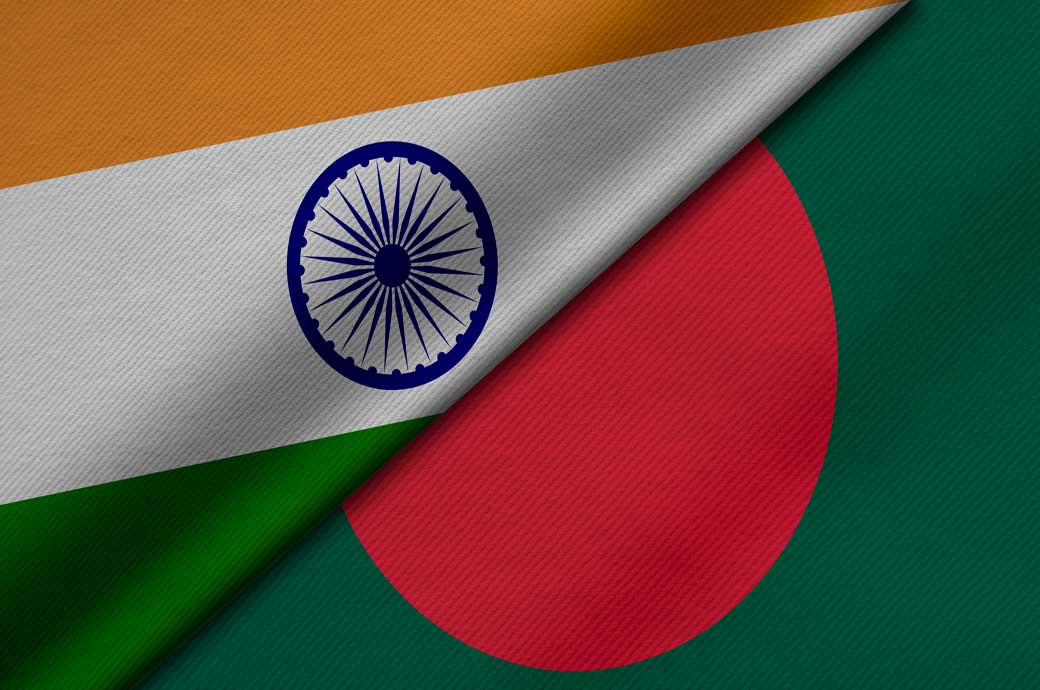
This is as per media reports, which citing sources, underlined India has submitted a concept note, which Bangladesh is currently reviewing, expressing concerns about the escalating coverage of technical barriers to trade and sanitary and phytosanitary measures.
The note warns that if this trend persists, exporters from both countries may encounter greater challenges in addressing these barriers.
In response, both countries are intensifying efforts towards continuous cooperation to harmonise technical and sanitary measures, aiming to enhance bilateral trade and economic ties.
A senior official at the Bangladesh commerce ministry reportedly claimed mutual alignment of standards across various product sectors is underway, considering them as major non-tariff barriers hampering trade potential between the two nations.
The official emphasised that harmonisation of standards is pivotal for further augmenting trade between Bangladesh and India.
Currently, differences in standard marks or certifications issued by the Bangladesh Standards and Testing Institution (BSTI) and the Bureau of Indian Standards (BIS) pose complexities, acting as non-tariff barriers during product imports and exports.
Despite the bilateral trade volume exceeding $16 billion, harmonisation of sanitary and phytosanitary measures is also deemed necessary to alleviate the impact of existing non-tariff barriers.
Mutual recognition of standards by accredited certification bodies like BSTI and BIS is advocated.
To address trade complexities comprehensively and maximise benefits, experts recommend signing the proposed Comprehensive Economic Partnership Agreement (CEPA) between Bangladesh and India even if over the years, both nations have undertaken various initiatives to bolster economic and trade ties, including transit treaties, duty-free access for Bangladeshi products to the Indian market, and agreements under the South Asia Free Trade Area (SAFTA).
The document further suggests identifying a priority list of mutually beneficial products facing non-tariff barriers and examining barriers and restrictions identified by exporters for these commodities.
Fibre2Fashion News Desk (DR)